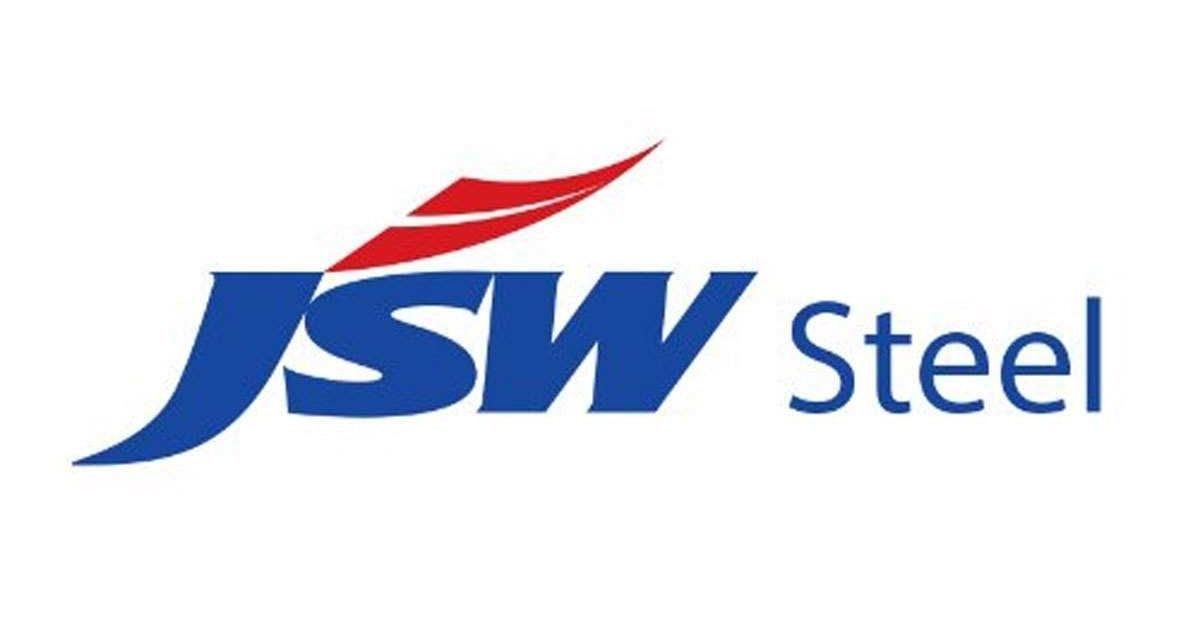JSW Steel has hiked prices of both long and flat product by ₹2,000- 3,500 a tonne from Monday. The price hike comes as the steel demand is slowly picking up after the lull in September quarter, sources said.
Following JSW Steel, other steel companies are also expected to mark-up prices, sources said. When contacted, JSW Steel did not comment on the quantum of price rise.
After holding prices stable in the September quarter, domestic steel prices went up by ₹1,500-3,000 a tonne in October while that of long products increased by ₹3,000 a tonne in the first week of last month, led by higher coking coal prices and revival of demand.
Coking coal prices had increased by $30 a tonne last quarter and are expected to go up by $100 in the December quarter on firm demand as the global economy rebounds.
Coking coal prices
Abhijit Mitra, Research Analyst, ICICI Securities, said coking coal prices increased to ₹15,150 a tonne in the September quarter against ₹11,480 a tonne in June quarter and is expected to touch ₹23,000-25,000 a tonne.
Interestingly, despite the recent steel price hike, domestic prices are at a discount to the landed cost of imports, sources said.
Crisil Research expects domestic hot rolled coil (ex-factory) prices to rise 56 per cent year-on-year to average at ₹63,000-64,000 a tonne. TMT prices are to increase 29 per cent to ₹53,500-54,500 a tonne this year. China HRC FOB prices to jump 83 per cent to $880-900 a tonne in this year, it said.
China hot-rolled coil (HRC) FOB (free on board) price was about $980 a tonne in September, but softened to $930 a tonne due to fall in demand.
The landed cost of coking coal averages between $400 and $420 a tonne (Cost and Freight Rate) against $100-110 a tonne in the same period last year while China’s domestic coking coal prices are even higher and set to cross $600 a tonne.
China had decided to ban coal mining in a move to curb emissions and the recent floods had shut down production at about 50 coal mines. This had led to a severe coal crunch in China’s domestic market, said an analyst.
Globally coking coal prices are increasing steadily due to supply disruptions in Australia and logistical issues, he added.
Besides imported coking coal, prices of domestic coal, used for blending, have also increased due to short supply and strong demand. The government has directed Coal India to prioritise supply to power producers over non-power consumers.
Source : The Hindu Businessline






